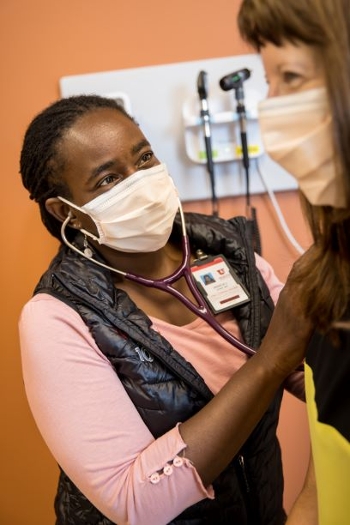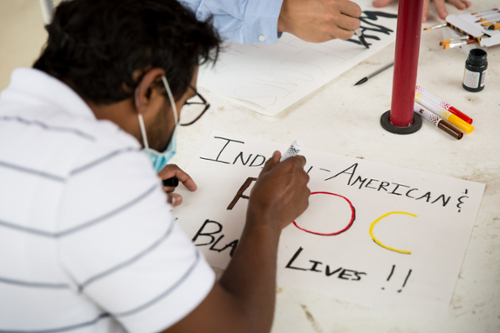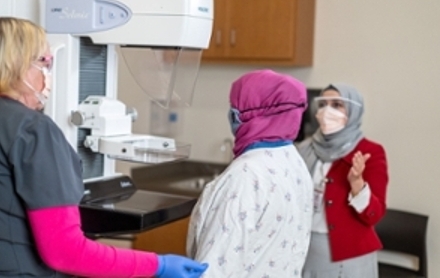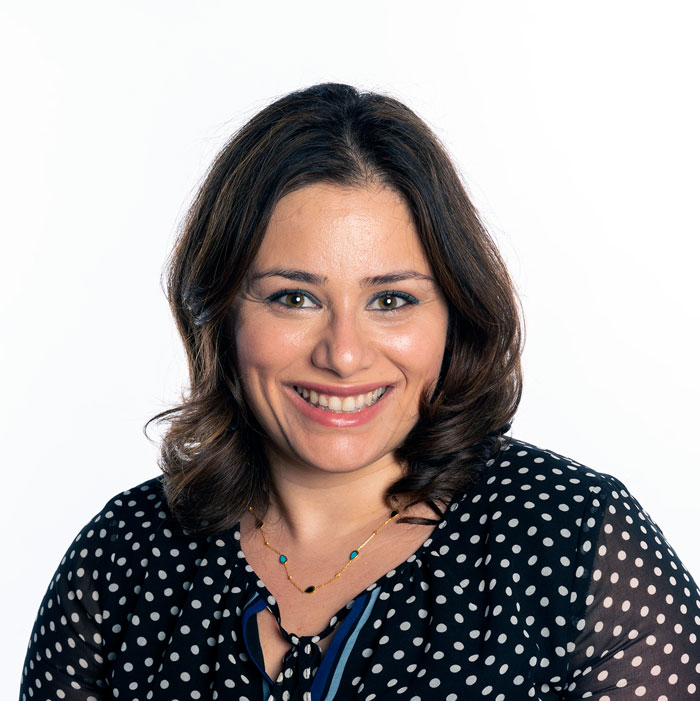Voices of U of U Health
Listening to Voices on Anti-Racism

We’ve started the conversation regarding anti-racism, and we’ve made strides. The more voices we hear, the more we discover there is to do. Under the direction of Senior Vice President Michael Good, MD, the Spencer Fox Eccles School of Medicine at the University of Utah formed an Anti-Racism Commission (ARC) in 2020. One year ago, its first report was issued with recommendations, and I was hired and given the exciting challenge of overseeing implementation of those recommendations. Here’s the progress we’ve made so far:
The entering classes in 2020 and 2021 are the most diverse in the school's history. The majority of students in these two classes are women. And approximately 10 percent (15 students) of the Class of 2021 identify as Black, Latinx, American Indian/Alaska Native, or Native Hawaiian/Other Pacific Islander. That is up from fourteen students in the Class of 2020.
With the help of the advancement team at SOM, we extended the underrepresented population's scholarship for the second year in a row. The new pre-matriculation program (PROMIS2U) for the MD program has been established with four students in the inaugural class. For the incoming class of 2022, the program is expanding and will be offered to a number of students again this year.
Efforts are being implemented to retain and recruit Black, Indigenous, and people of color (BIPOC) faculty and staff. The curriculum includes working on cultural humility training for faculty and students. In addition, the Curriculum Committee is increasing the number of anti-racism lectures in medicine. A call for the Office of Health Equity, Diversity, and Inclusion’s Anti-Racism Leadership Track is coming up.
Going forward, the agenda for the Anti-Racism Commission includes working closely with Chief Safety Officer Keith Squires and Police Chief Jason Hinojosa to fulfill the campus safety recommendations, as well as working with the Dream Center at the University of Utah. Of course, as we implement our initial round of goals, other goals and other aspects of building a solid anti-racism campus environment will arise.
The Challenge Ahead
While I have a big job with big responsibilities, and while I began with some uncertainty about the challenges I face, I immediately saw enormous effort already underway, along with a lot of people committed to equity, diversity, and inclusion. I saw leadership and diverse offices throughout the School of Medicine and all were eager to work on implementing the ARC recommendations. We must also set goals beyond the initial recommendations.
I have a passion for health education and a commitment to inclusive and equitable health care access. I believe my schooling, training, and personal background have helped equip me to take on an ARC leadership role.

I was born, raised, and educated in Lebanon, a politically unstable country where people face violence and war. I worked with a lot of displaced families during wartime, motivating me to study medicine. I went to medical school in Lithuania, then returned to Lebanon. I worked with underserved communities, learning that patients come to a clinic for immediate treatment for an acute complaint. Quite often, those patients don’t realize they have other health issues that drove the complaint that brought them to seek care. This early exposure to the serious issue of social determinants of health—a patient’s socioeconomic status, race, education, and income—helped me see the similarity between factors determining health in war-torn Lebanon and factors determining well-being in relatively calm and peaceful Utah.
My father worked as a gastroenterologist, and my mom is a public health practitioner. I grew up in a family that worked mainly with people in need. That built my passion toward people, community, and my desire to help directly. I would go with my mom to help refugees when she was working in camps. I would also go with her when she worked in an orphanage, so I saw many kids who needed more attention than what other kids, with parents, would need.
Small Acts for Big Impact
This is what really motivates me to do something that can help. In small ways or in big ways, offer help with whatever power you have in hand. For example, volunteering to help people overcome an obstacle that prevents them from accessing health care. In Lebanon, if you don't have money, you cannot go to the ER—you have to pay first, and then you can be seen by a doctor. Now, studies show a lot of people don't go to the doctor because they don't have access to affordable care and preventive care that would keep them out of the ER. These access and affordability factors drive their health outcomes. This inequity in care for underserved populations motivates me. Small and intentional acts can lead to something bigger—and real impact.

At the Spencer Fox Eccles School of Medicine, we have a lot of work to do to eliminate racism. Matters of access and inclusion should be championed. These issues sustain health outcomes disparities in our underserved communities, and we must address them. The commission that was created to diminish these inequities has put together thoughtful recommendations. We hope to implement all of them and are committed to doing so. Of course, we cannot do this alone. We appreciate students, staff, and leadership for their efforts to make our environment more diverse and inclusive.
